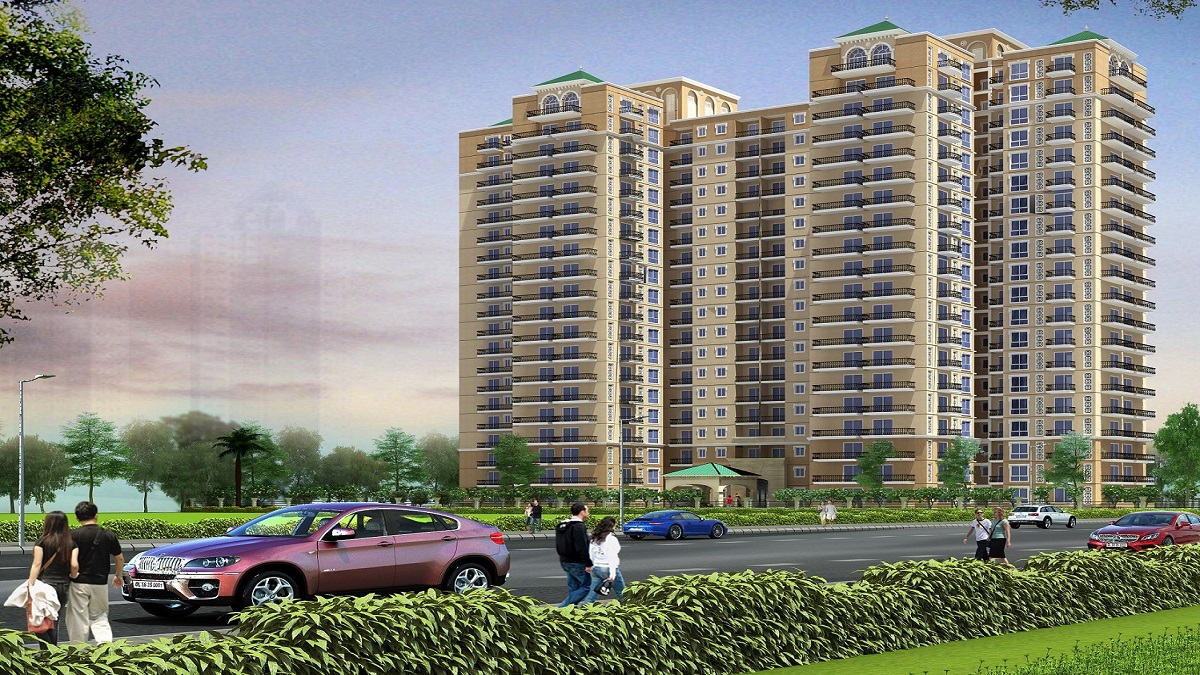Will Real Estate Crash or Boom in 2021?
Are you considering purchasing or selling a property in the near future? Then you’d want to know how the real estate market looks.
Remember that no one can anticipate what will happen with 100 percent precision. However, you can look at current real estate patterns and make educated assumptions about the future from there.
So will real estate crash or boom in 2021? This article will assist you in taking a deeper look at how the market is performing.
Will House Prices Continue to Decline in 2021?
While further depreciation of property values cannot be ruled out, industry analysts believe rates will begin to firm up. That is until the economic condition created by the second wave of the Coronavirus epidemic improves. It is already showing indications of improvement.
The economic growth might remain sluggish in the first half of 2021. The influence of the impending third wave of the virus may then return in the second period.
As per Reuters, the disastrous impact of the second COVID-19 wave in Asia’s third-largest economy will stall price growth. That will be accomplished by crushing demand and balancing the government’s advantages to real estate developers.
Subsidies and incentives are used to accomplish this. Increases in Raw Material Prices May Raise Home Values. Conversely, the pandemic influenced price increases in critical raw materials. These include steel bars, cement, plastic, manufactured polymers and resins, and so on.
They are placing pressure on builders to raise the pricing of new projects. The scarcity of supplies is exacerbating the situation. There was a modest increase in house sales during the January-March 2021 period. Despite this, India’s eight main housing markets have seen practically flat price increases.
Notwithstanding an economic rebound and supporting policies, housing prices in India’s major cities would hardly rise in 2021. That is according to a Reuters poll of property analysts earlier this year. The stress induced by the Coronavirus epidemic has influenced India’s primary residential markets. This average rate of new projects has remained stable.
Assessing the Influence of COVID-19 on Indian Housing Prices
A slowing of demand has kept the price rise in India’s residential real estate sector under check. The pandemic threatens to devastate world economic growth. That would eliminate all possibilities of property value appreciation.
Anticipating price increases in the coming years would be pure fantasy. In the last half-decade, the price increase in India’s nine major residential markets has been minimal.
Why are Estate Prices in India Unlikely to Fall Following COVID-19?
In a brief message to the community, a minister stated that the government might give certain concessions in circular rates. That is to alleviate the load while people must be more transparent in lowering costs.
According to the Economic Survey 2019-20, builders should allow prices to fall by accepting a haircut. It would be a way to decrease their inventory load.
Projects are likely to be delayed if the supply of building materials that India buys from China is hindered. That is a result of the pandemic and increasing tensions between the two nations.
Interest Rates are at an All-Time Low
The RBI has cut the repo rate to 4 percent. It makes borrowing more affordable for house purchasers. As a result, mortgage interest rates are already as low as 6.95 percent.
In recent months, the real estate industry has been badly impacted by the second wave of the coronavirus epidemic. The lower the interest rate, the readier individuals borrow money for large purchases like houses or vehicles.
India’s Real Estate Market: Demand Expected to Rise
India’s real estate business experienced a setback during the first and second waves of the COVID-19 epidemic. However, the housing demand in the nation has recovered.
According to official predictions, around 88 crore people would live in India’s metropolitan regions by 2051, up from 46 crores.
Summing Up
Real estate demand forecasting has long been a subject of worry for analysts.
According to economic theory, consumer goods such as phones, automobiles, and other technology, have a falling demand curve. It indicates that as prices decrease, consumption rises.
However, when it comes to real estate, predicting demand becomes a complicated exercise. That is because some people buy homes for consumption, while others buy for investment.
raj kamal
Digital Marketing & Virtual Services Offers virtual services. Our services include SEO, Social Media Management and Marketing, Digital Marketing, and Content Marketing.

